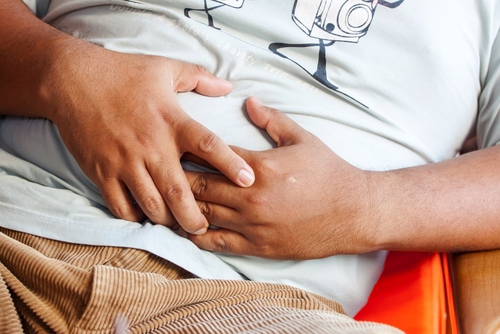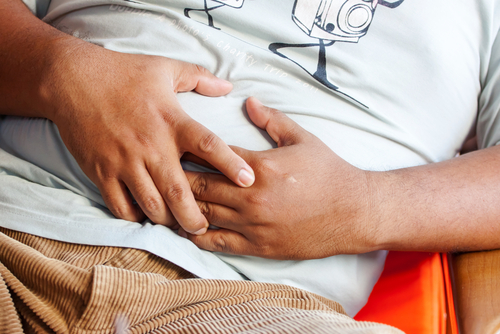Recreational ketamine abuse damagers the bladder among other organs. Learn about the potential lasting effects of ketamine abuse and how it damages the body.
Ketamine in Urine
Ketamine is extremely potent and its presence in urine causes damage to the epithelial lining of the bladder. Urine is then allowed to penetrate into underlying tissues which causes inflammation and pain. An individual who experiences extreme pain may need to have the bladder removed (cystectomy).
Cystectomy Findings
Bladder damage was researched as it regards contact with urinary ketamine. There was research about whether the drug can cause systemic change in the whole body that affects the bladder. When the epithelial cells lining the bladder were reviewed, the cells were completely absent from the bladder lining, demonstrating that the cells had died and gone into the urine. The research demonstrates direct contact with urine is critical to the toxicity of ketamine to the bladder epithelium which rules out other systemic factors.
Other Research Findings
Researchers further discovered in another trial that ketamine overwhelms the cell’s internal power stations known as mitochondria which causes a catastrophic release of toxins. To avoid ‘melt-down,’ cells commit a form of suicide called apoptosis which results in cell death. This occurs in regulated fashion and does not cause excessive toxicity to other cells in order to protect the remaining tissue. When chronic ketamine abuse is present, all epithelial cells are killed.
Final Findings
The two studies combined demonstrate direct contact with urinary ketamine causes severe bladder damage and demonstrates how the drug causes the death of previously health bladder cells. This can now lead to a greater understanding of how and why chronic ketamine use results in bladder issues and cystitis. Understanding the full side-effects of ketamine is very crucial as other researchers currently investigate the potential for ketamine to spawn a new generation of anti-depressants.
Ketamine poisoning of the epithelial lining can lead to pain which leads to ketamine cystitis. Urologists advise anyone who experiences bladder pain when using ketamine stop taking the drug immediately before too many are killed off to save the remaining tissue and repair.
Sustain Recovery provides a unique approach to adolescent addiction recovery treatment. Learn more about our primary programs or other solutions to support recovery from addiction.







